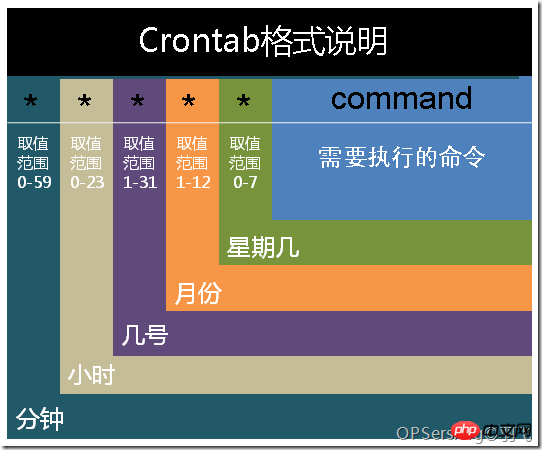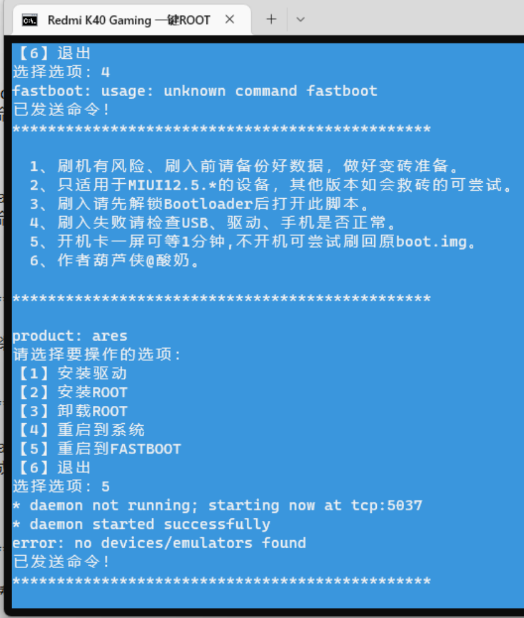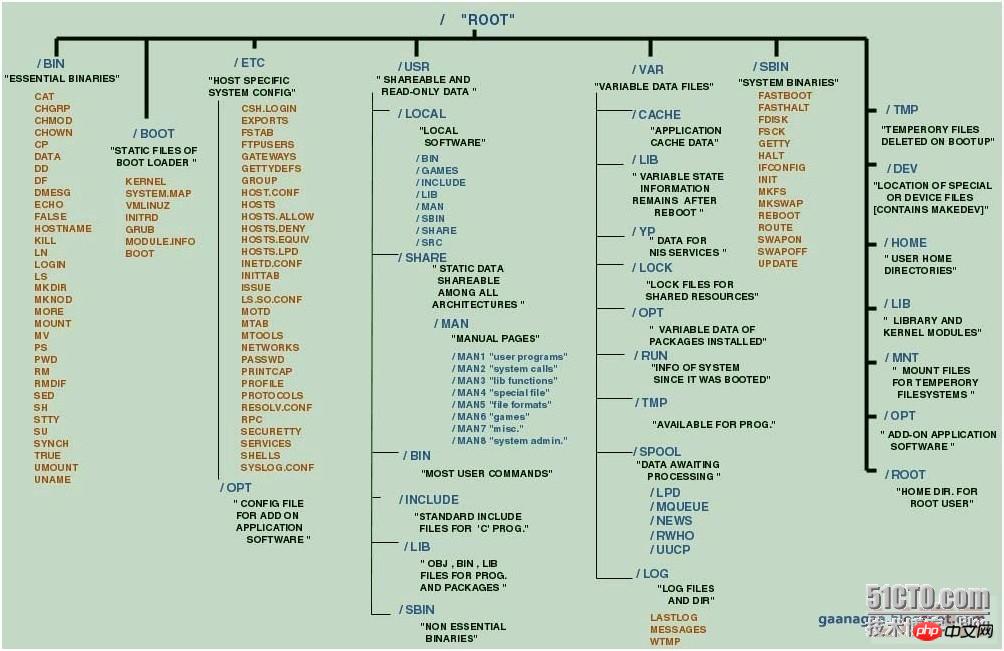
nginx的配置放在nginx.conf文件中,一般我们可以使用以下命令查看服务器中存在的nginx.conf文件。
locate nginx.conf /usr/local/etc/nginx/nginx.conf /usr/local/etc/nginx/nginx.conf.default ...
如果服务器中存在多个nginx.conf文件,我们并不知道实际上调用的是哪个配置文件,因此我们必须找到实际调用的配置文件才能进行修改。
查看nginx实际调用的配置文件
1、查看nginx路径
ps aux|grep nginx root 352 0.0 0.0 2468624 924 ?? S 10:43上午 0:00.08 nginx: worker process root 232 0.0 0.0 2459408 532 ?? S 10:43上午 0:00.02 nginx: master process /usr/local/opt/nginx/bin/nginx -g daemon off; root 2345 0.0 0.0 2432772 640 s000 S+ 1:01下午 0:00.00 grep nginx
nginx的路径为:/usr/local/opt/nginx/bin/nginx
2、查看nginx配置文件路径
使用nginx的 -t 参数进行配置检查,即可知道实际调用的配置文件路径及是否调用有效。
/usr/local/opt/nginx/bin/nginx -t nginx: the configuration file /usr/local/etc/nginx/nginx.conf syntax is ok nginx: configuration file /usr/local/etc/nginx/nginx.conf test is successful
测试可知,nginx的配置文件路径为:/usr/local/etc/nginx/nginx.conf 且调用有效。
更多Nginx相关知识,请访问Nginx使用教程栏目!
© 版权声明
文章版权归作者所有,未经允许请勿转载。
THE END












